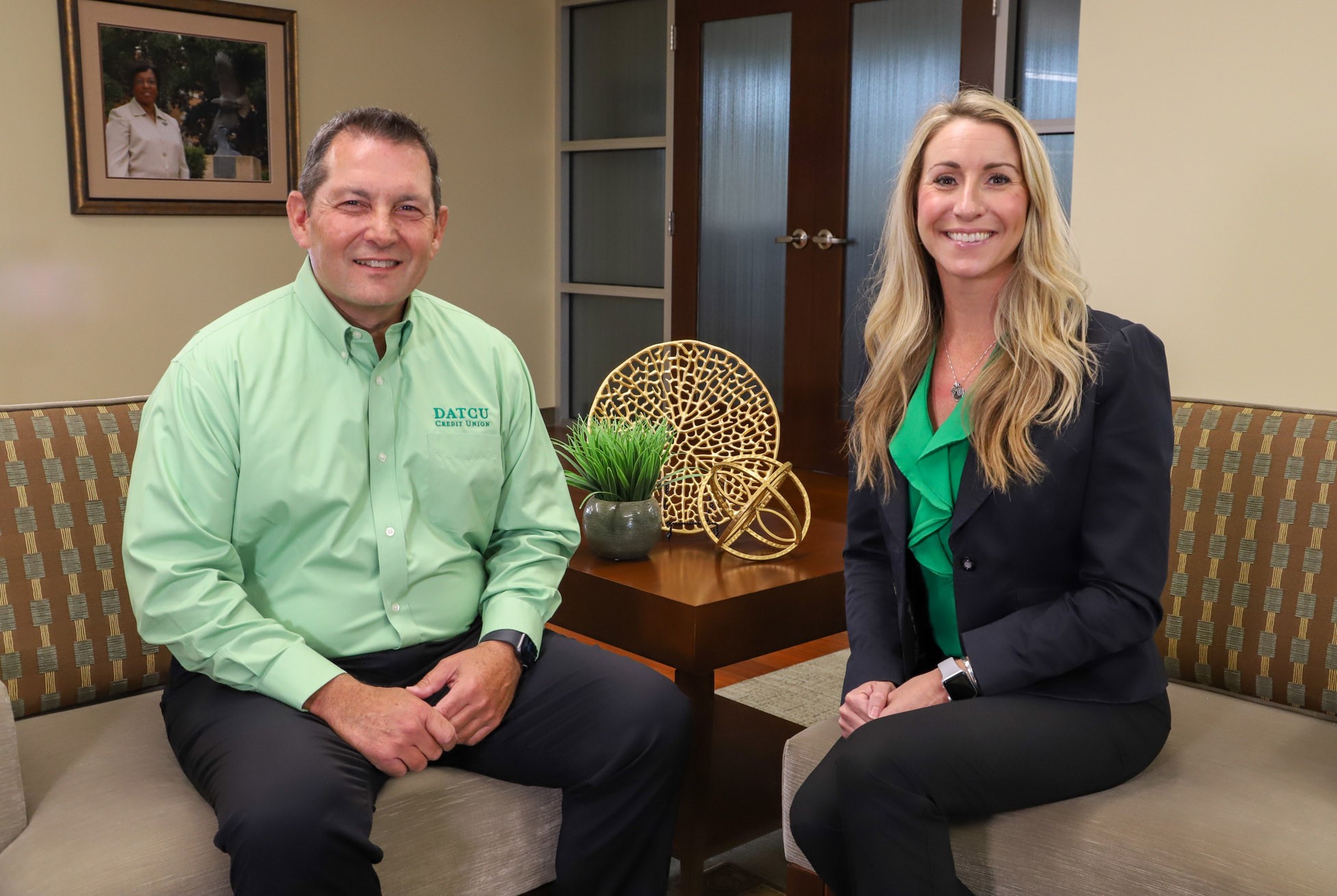Whether the $200 million, 20,000 member Monterey Credit Union converts to a California mutual bank charter may depend on the procedures California's Department of Business Oversight has established state chartered credit union conversions.
If the credit union opts not to convert to state banking charter, it would still have the option to convert to a federal banking charter.
The California Department of Financial Institutions published the most recent word on the topic in May 2011, when it promulgated an opinion letter that said California chartered credit unions can convert to a mutual bank charter through a purchase and assumption transaction.
“We agree with that reasoning. It is our opinion that a California state chartered credit union may convert to a federal mutual savings bank in the manner described in your letter,” wrote Kenneth Sayre-Peterson, then acting general counsel for the agency.
However, Sayre-Peterson pointed out that the purchase and assumption approach was not the only possible avenue a state chartered credit union could take to a state bank charter.
“Please be advised that our agreement with your argument regarding the conversion of California state-chartered credit unions to federal mutual savings banks as set forth in your letter should not be seen as a statement that there is only one way to convert a California state-chartered credit union to another financial institution charter,” Sayre-Peterson wrote. “There may be other avenues used to convert a credit union into another form of financial institution. However, such other methods are not before us for determination at this time,” he concluded.
The California DBO did not answer questions about the process a state chartered credit union would have to follow to convert to a state chartered bank or how the 2011 opinion letter might influence the process.
The DBO also refused to disclose discussions it has had with Monterey CU officials.
“I have determined that your request seeks copies of records which are not subject to the disclosure requirements of the California Public Records Act,” Assistant General Counsel Michael Patrick McQuinn wrote in a letter to CU Times. “[The codes] expressly provide that any record that is related to this department's application processes or to information received in confidence is exempted from disclosure. Should any communications between DBO and MCU concerning a contemplated conversion application exist, such records would undoubtedly fall within one or both of the identified exemptions.”
Complete your profile to continue reading and get FREE access to CUTimes.com, part of your ALM digital membership.
Your access to unlimited CUTimes.com content isn’t changing.
Once you are an ALM digital member, you’ll receive:
- Breaking credit union news and analysis, on-site and via our newsletters and custom alerts
- Weekly Shared Accounts podcast featuring exclusive interviews with industry leaders
- Educational webcasts, white papers, and ebooks from industry thought leaders
- Critical coverage of the commercial real estate and financial advisory markets on our other ALM sites, GlobeSt.com and ThinkAdvisor.com
Already have an account? Sign In Now
© 2025 ALM Global, LLC, All Rights Reserved. Request academic re-use from www.copyright.com. All other uses, submit a request to [email protected]. For more information visit Asset & Logo Licensing.









